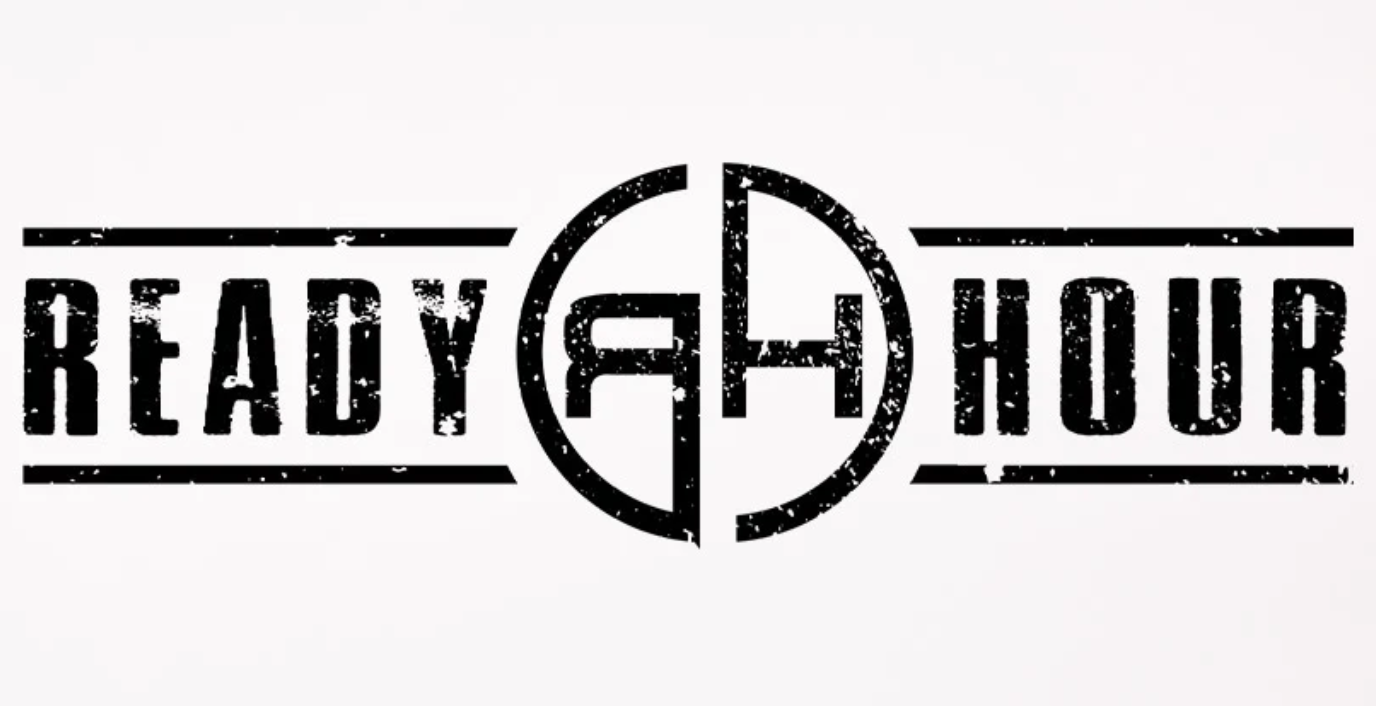
Nuwave Bravo XL Air Fryer Oven
For many consumers, made in the USA claims are no small fry.
Texas Pete is not the first food or drink to have its origin marketing challenged in court.
A new class-action lawsuit accuses Texas Pete of being a Texas Cheat.
Despite the name of the hot sauce, which appears on the front label along with a cartoon cowboy and a single white star reminiscent of the one on the Texas state flag, “there is surprisingly nothing Texas” about Texas Pete, the lawsuit claims.
A more appropriate name for the hot sauce might be North Carolina Pete, as that’s where the lawsuit alleges the product is actually made – with ingredients that are not sourced from Texas. (Based on the allegations and Pace Thick & Chunky Salsa ads of the 90s, we might’ve guessed the hot sauce came from New York City, or should we say, New York City!?!?)
T.W. Garner Food Co., the maker of Texas Pete, is the defendant in the case. The lawsuit asserts:
Defendant concocted this false marketing and labeling scheme specifically because it knows the state of Texas enjoys a certain mysticism and appeal in the consumer marketplace and is known for its quality cuisine, spicy food, and hot sauce in particular.
In response to a request for comment, T.W. Garner Food Co. said in a statement to TINA.org:
We are aware of the current lawsuit that has been filed against our company regarding the Texas Pete brand name. We are currently investigating these assertions with our legal counsel to find the clearest and most effective way to respond.
Worldly claims
Texas Pete is not the first food or drink to have its origin marketing challenged in court. There have been class-action lawsuits over Kentucky bourbon that isn’t distilled in Kentucky, Belgian chocolate that isn’t made in Belgium, German beer that isn’t brewed in Germany and Italian olive oil that isn’t produced using olives that are grown or pressed in Italy.
Then there is Champagne, which Food & Wine describes as “the Kleenex of sparkling wine” in that it is often erroneously used to refer to any wine with bubbles, including by marketers of non-Champagne sparkling wine. Genuine Champagne only comes from the strictly regulated winemaking region in northern France of the same name. Everything else is sparkling wine.
The bottom line
If the origin of a food or drink matters to you, you can’t always rely on the marketing alone. If there’s fine print, as always, read it. And ask questions of the company.
Find more of our coverage on origin claims for food and beverages here.
Our Ad Alerts are not just about false and deceptive marketing issues, but may also be about ads that, although not necessarily deceptive, should be viewed with caution. Ad Alerts can also be about single issues and may not include a comprehensive list of all marketing issues relating to the brand discussed.
For many consumers, made in the USA claims are no small fry.
Only the fittest ad claims survive.
Are there really any benefits to drinking alkaline water?

